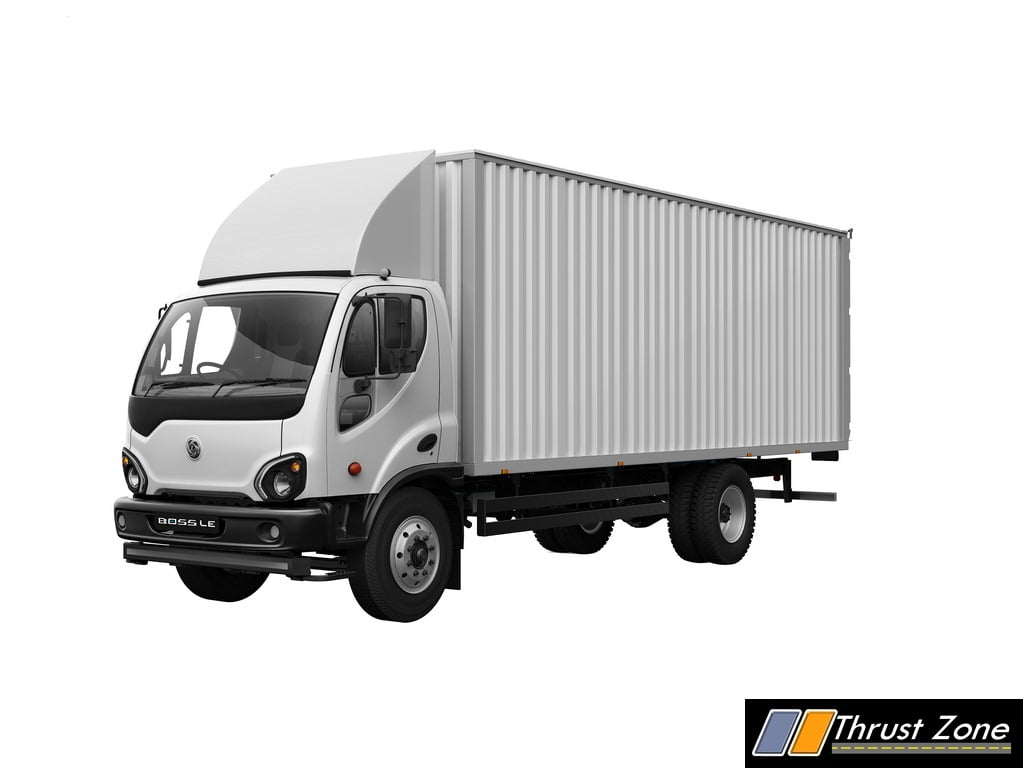The automotive industry relies heavily on an intricate and well-coordinated supply chain, where the timely and efficient delivery of auto parts and supplies is crucial for maintaining production schedules, servicing vehicles, and ensuring the smooth functioning of the entire sector. Truck loads play an essential role in this process, acting as the primary means of transporting everything from raw materials and components to finished parts. Whether it’s full truck loads (FTL) or less-than-truck loads (LTL), the logistics behind truck transportation is a vital cog in the automotive supply chain. This article explores how truckloads are indispensable for delivering auto parts and supplies and why they are key to the industry’s success.
Supporting Just-In-Time Manufacturing
Many auto manufacturers use a just-in-time (JIT) production model, which means that parts and components are delivered as they are needed during the manufacturing process, rather than being stockpiled in large quantities. This approach reduces inventory costs and increases efficiency, but it also puts immense pressure on the logistics system. Truck loads, particularly full truck loads (FTL), are critical in delivering these auto parts to factories and assembly plants right on schedule. There are services like Shiply full truck load services, which can be utilized to ensure parts are transported efficiently, meeting the tight timelines required by JIT systems.
For JIT systems to work smoothly, trucking companies must adhere to precise delivery timelines, ensuring that components such as engines, transmissions, tires, and electronic systems arrive exactly when needed. Any delay in the delivery of parts could lead to costly production halts, impacting not only the manufacturer but also suppliers and retailers downstream.
Efficient Distribution to Dealerships and Repair Shops
Beyond the manufacturing process, truck loads are vital in ensuring that auto parts are available at dealerships, repair shops, and service centers across the country. Vehicle maintenance and repair require a constant supply of parts—everything from brake pads, filters, and tires to more complex components like alternators, batteries, and electronic sensors. Truck loads enable the distribution of these parts from regional warehouses and distribution centers to local repair shops and dealerships, ensuring that mechanics and service professionals have the parts they need to perform repairs and maintenance on time. Without reliable trucking logistics, service centers would struggle to meet the demand for repairs, leading to delays in vehicle servicing and customer dissatisfaction. Additionally, less-than-truck load (LTL) shipping is often used to transport smaller quantities of parts to multiple locations, allowing parts suppliers to optimize costs by sharing truck space. This method is particularly useful for smaller repair shops that may not have the volume to fill an entire truck on their own but still need regular deliveries to maintain their stock of essential auto parts.
Meeting the Demands of E-Commerce and Direct-to-Consumer Sales
In recent years, the rise of e-commerce has transformed how auto parts and supplies are sold. Many consumers now prefer to purchase parts online, either directly from manufacturers or through third-party sellers, and have them shipped to their homes or local service centers. This trend has further increased the reliance on truck loads, as companies must transport these products quickly and efficiently to meet growing consumer expectations for fast shipping.
In the e-commerce space, less-than-truck loads are often used to transport smaller orders to distribution hubs, where they are then processed for last-mile delivery. For larger shipments or wholesale orders, full truck loads are used to move large volumes of parts directly to warehouses or distribution centers, where they can be sorted and shipped to customers.
Ensuring the Availability of Specialized Parts
In the automotive industry, certain components and parts are specialized, rare, or customized for specific vehicles. These parts often need to be transported over long distances, and trucking logistics ensure their safe and timely arrival. Specialized truck loads are equipped to handle fragile, oversized, or highly valuable parts that require extra care during transport, such as custom engines, large windshields, or advanced electronics.
Trucking companies specializing in automotive logistics often use advanced tracking systems to monitor the location and condition of these parts in real time. This ensures that auto parts reach their destination in optimal condition, without the risk of damage that could lead to costly delays in vehicle repairs or production.
Impact on the Economy
The efficient transportation of auto parts via truck loads has a broader impact on the economy. The automotive industry is a significant driver of economic activity, and trucking logistics supports the entire ecosystem—manufacturers, suppliers, retailers, and service providers. When truck loads efficiently move auto parts, it enables manufacturers to maintain production levels, dealerships to meet customer demand, and repair shops to keep vehicles on the road. This, in turn, supports millions of jobs within the industry and keeps the broader economy running smoothly.
Conclusion
Truck loads are the lifeblood of the automotive supply chain, ensuring that auto parts and supplies are delivered efficiently and on time. From supporting just-in-time manufacturing and distribution to local dealerships and repair shops to meeting the growing demands of e-commerce, trucking logistics plays a vital role in keeping the automotive industry running smoothly. Without reliable truck load logistics, delays and disruptions would ripple through the entire supply chain, affecting everything from vehicle production to consumer satisfaction. As the automotive industry continues to evolve, the importance of efficient truck load logistics will only continue to grow.



